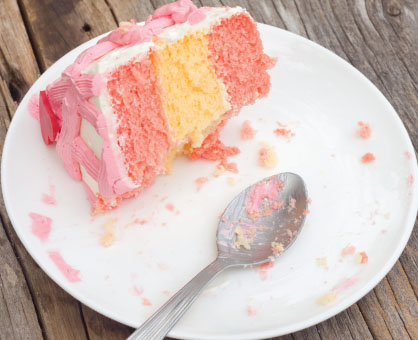Why Your Last Diet Didn’t Work
The perfect diet. People try numerous diets trying to find one that will finally help with long-term weight loss. But diets often don’t work and the frustration of another failed diet can lead to increased shame and increased eating. Frequently, people blame themselves for being weak and undisciplined, but this is typically not the problem. So why do diets fail?
Individuals may struggle with weight loss due to having an emotional relationship with food. This means that someone uses food to cope with emotions. For example, someone might eat to help decrease anxiety, anger, boredom, or loneliness. Or, someone might eat as a reward after an accomplishment or as a treat after a difficult day. While it is normal to occasionally use food as comfort or celebration, doing so regularly can become problematic.
In order to develop a healthier relationship with food, it is important to become more aware of your emotions. This awareness allows you to choose another way of coping that does not involve food. It is also useful to practice new ways of managing negative emotions. Effective ways of coping can include talking to a friend, distracting yourself, doing self-care, or journaling. A therapist can work with you to identify and develop effective coping strategies, and your dietitian can help ensure that your food intake during the day is not causing overeating.
If you are struggling to lose necessary weight, it is not because you lack willpower or strength. Examine the ways that you cope with difficult emotions and practice healthier coping skills and self-compassion.









